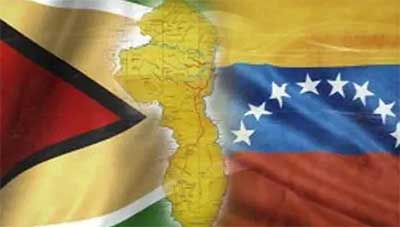International Court of Justice to hear Venezuela-Guyana border dispute
United Nations judicial body International Court of Justice recently decided to intervene to settle a longstanding border dispute between Venezuela and Guyana. Both the Latin American nations are battling for a Tunisia-sized swath of jungle located west of the Essequibo river.
The border dispute between Venezuela and Guyana first began in 1899 when an arbitration award by an international tribunal drew borders between Venezuela and Guyana. The arbitration was rejected by Venezuela which stated that a 1966 agreement nullified original arbitration. The matter was then taken to the ICJ in 2018.
In 2019 , Venezuela had opposed the international court of justice decision in this matter stating that it did not have the jurisdiction to decide the matter.
Real problem is with reclamation zone :
For years, the eastern region, which makes up 40 percent of modern-day Guyana, has been referred to on Venezuelan maps as a "reclamation zone" and denoted with diagonal lines.
About International Court of Justice :
The International Court of Justice (ICJ) is the principal judicial organ of the United Nations (UN). It was established in June 1945 by the Charter of the United Nations and began work in April 1946.
The seat of the Court is at the Peace Palace in The Hague (Netherlands). Of the six principal organs of the United Nations, it is the only one not located in New York (United States of America).
The Court’s role is to settle, in accordance with international law, legal disputes submitted to it by States and to give advisory opinions on legal questions referred to it by authorized United Nations organs and specialized agencies.
The Court is composed of 15 judges, who are elected for terms of office of nine years by the United Nations General Assembly and the Security Council. It is assisted by a Registry, its administrative organ. Its official languages are English and French.








